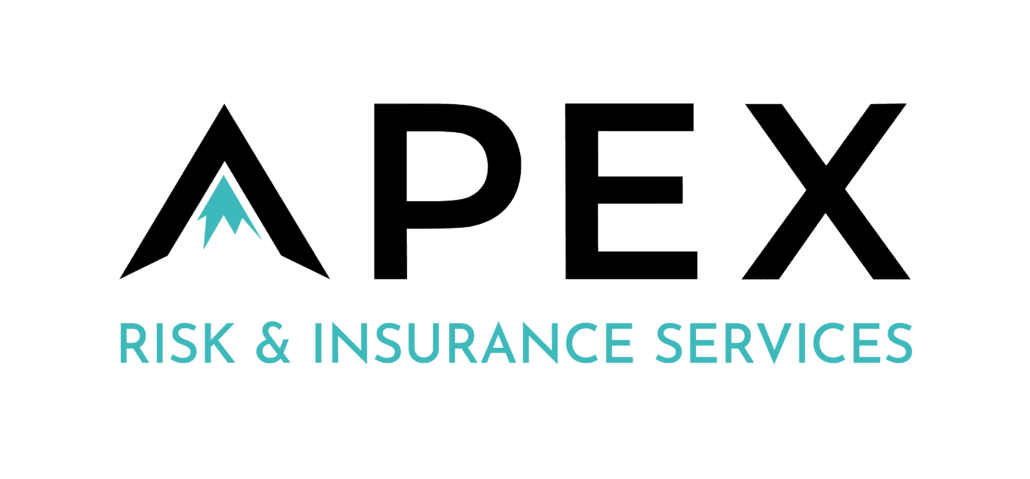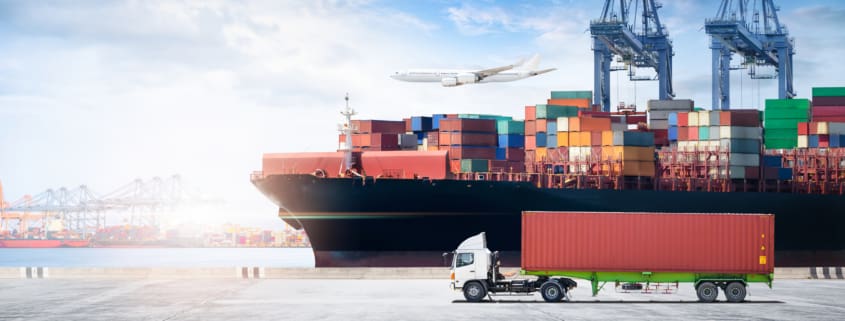Transport vs Logistics: What’s the Difference? (And What Insurance Do You Need for Each?)
Transportation and logistics are intricately linked components within the realm of supply chain management, operating in concert to facilitate the smooth movement and delivery of goods. A nuanced understanding of their distinctions is pivotal in efficiently executing the process.
Transportation primarily revolves around the tangible act of physically conveying goods or people from one location to another. Its core objective is to ensure that items reach their intended destinations promptly and in optimal condition.
In contrast, logistics adopts a more comprehensive approach, akin to orchestrating behind-the-scenes magic that harmonizes all facets of the supply chain. This encompassing discipline involves meticulous planning, organization, and coordination to synchronize the myriad moving parts. Among its responsibilities are inventory management, strategic selection of transportation routes and modes, streamlined storage and warehousing solutions, and seamless overall flow.
In essence, transportation embodies the hands-on, pragmatic aspect of physically conveying goods between two points, while logistics operates as the grand strategy orchestrating flawless cohesion.
Wondering what insurance you need for each? Let’s dive in.
Let’s Talk Transportation: What Insurance Do You Need?
Transportation is a critical component of the supply chain process, responsible for the physical movement of goods or people from one location to another. Whether it’s transporting goods by trucks, ships, planes, or trains, the primary focus is on ensuring the safe and efficient delivery of cargo or passengers to their intended destinations.
Cargo Insurance
Cargo insurance protects the goods being transported against various risks such as loss, damage, or theft during transit. Cargo insurance provides financial protection to both the shipper and the carrier, ensuring that any potential losses or damages are covered. It is essential for transportation companies to have adequate cargo insurance in place to mitigate the risks associated with the transportation of goods.
Liability Insurance
In addition to cargo insurance, liability insurance is also a crucial aspect of transportation insurance. Liability insurance provides coverage for bodily injury or property damage caused by transportation activities. Accidents can happen during transportation, and liability insurance ensures that the responsible party can cover the costs associated with injuries or damages that may occur. This insurance coverage safeguards both the transportation company and the parties involved in case of any unfortunate incidents.
Commercial Auto Insurance
Commercial auto insurance is necessary for transportation companies that utilize vehicles for their operations. This type of insurance provides coverage for accidents, damages, and liability arising from the use of commercial vehicles. Commercial auto insurance is specifically designed to protect businesses and their assets in the event of accidents, vehicle damages, or injuries involving their vehicles.
What Insurance Do You Need for Logistics?
While transportation focuses on physically moving goods or people, logistics encompasses a broader range of activities involved in managing the entire supply chain process. Logistics companies play a crucial role in coordinating and optimizing the flow of goods, services, and information from the point of origin to the point of consumption.
General Liability Insurance
Within logistics, there are several areas where insurance coverage becomes important. General liability insurance is crucial for logistics companies as it provides coverage for bodily injury, property damage, or personal injury claims arising from their logistics activities. This coverage protects the company from potential lawsuits and claims that may arise due to accidents, injuries, or damages occurring within their operations.
Warehouse Legal Liability Insurance
Warehouse legal liability insurance is another significant insurance consideration for logistics companies. This insurance coverage protects the goods stored in warehouses from loss or damage while under the care of the logistics company. Warehouses often store valuable inventory, and any damage or loss can have significant financial implications. Warehouse legal liability insurance provides financial protection against such risks, ensuring that the logistics company is covered in case of any unfortunate incidents.
Errors and Omissions
Errors and omissions insurance is also relevant to logistics operations. This type of coverage protects against claims related to professional errors, omissions, or negligence in logistics services. Logistics companies handle critical tasks such as inventory management, order processing, and distribution. Mistakes or oversights in these processes can result in financial losses for clients. Errors and omissions insurance provides coverage for such errors, ensuring that the logistics company is protected from potential claims and lawsuits.
*It is important to note that the specific insurance requirements for transportation and logistics may vary based on factors such as the nature of the business, local regulations, and industry practices. Companies involved in transportation or logistics should consult with insurance professionals who specialize in these sectors to determine the most suitable coverage for their specific operations and risk exposures.
Final Notes
While transportation primarily focuses on the physical movement of goods or people, logistics encompasses a broader set of activities involved in managing the entire supply chain process. Insurance coverage for transportation typically includes cargo insurance, liability insurance, and commercial auto insurance. For logistics operations, insurance needs may include general liability insurance, warehouse legal liability insurance, and errors and omissions insurance. Having the right insurance coverage in place is crucial for both transportation and logistics companies to mitigate risks, protect assets, and ensure smooth operations within the supply chain.
Any Questions?
At Apex, we want you to know and understand your options. We prioritize transparency and provide custom solutions to meet your insurance needs. Learn which policies are best for your business here.
Review our commercial insurance policies here.










